The late Val Kilmer was difficult. That word is a kiss of death in Hollywood, because as soon as it’s murmured that you are hard to work with, your career declines inexorably. Kilmer had directors lining up to say how impossible he was. Joel Schumacher, who made Batman Forever with him, barely stopped kvetching about the actor, calling him “overpaid, overprivileged and psychotic.” Shortly after the film’s release, Schumacher said “He was badly behaved, he was rude and inappropriate. I was forced to tell him that this would not be tolerated for one more second. Then we had two weeks where he did not speak to me, but it was bliss.” Meanwhile, John Frankenheimer, who was brought in to salvage the insane Island of Dr Moreau, singled out Kilmer for blame, saying, “If I was directing a film called The Life of Val Kilmer, I wouldn’t have that prick in it.”
Difficult actors are often the most brilliant ones, however, and there can be little doubt that, in a four decades-spanning career that Kilmer was almost invariably excellent. Oddly enough, he gave his least interesting performances in the big-budget films that were supposed to turn him into an A-list star. He was a wan Batman, uncomfortable and overshadowed by Michael Douglas in The Ghost and the Darkness and positively nuts as Simon Templar in Paramount’s The Saint, a failed attempt to create a second Mission: Impossible franchise that buried Kilmer under an array of false wigs, noses and implausible accents.
Like many of the greatest stars in Hollywood history, Kilmer was at heart a character actor, but he was blessed – or cursed – with the looks of a leading man. He was also extraordinarily funny. His first screen leading role was as the Elvis-esque protagonist in the Zucker, Abrahams and Zucker farce Top Secret! in 1984, and until the end of his career, he was always instinctively comfortable either in out-and-out comedies (how can you forget his gruff “Gay Perry” in Kiss Kiss Bang Bang?) or bringing humor and nuance to potentially thin roles. Did Kilmer improvise that famous signature line of Doc Holliday’s, “I’m your huckleberry,” in Tombstone? Maybe, maybe not, but he liked it enough to entitle his memoir after it.
Kilmer could certainly do serious drama, and especially as his career went on, became a dependable supporting actor and occasional lead in everything from Tony Scott’s Déjà Vu to David Mamet’s Spartan. He was magnetic as Jim Morrison in Oliver Stone’s overblown The Doors, anchoring an otherwise self-indulgent picture with a performance of remarkable nuance and depth that should have won him an Oscar, and unaccountably didn’t. He always prized working with auteurs – Stone, Coppola, Mamet, Michael Mann – over hacks, and was unafraid to stand up to directors who he thought were out of line. His Moreau co-star David Thewlis has candidly commented that it was Frankenheimer, not Kilmer, to blame for that film’s chaos, saying, “he was quite an awful tyrant, a really unpleasant figure, I really hated him… he was your worst idea of a director.”
Kilmer may have made enemies during his career, but he also made loyal friends, too. Perhaps the most loyal of them all was Tom Cruise, his co-star in the Top Gun pictures. Kilmer could easily have had Cruise’s career – he had the looks, talent and versatility – but instead he had to watch as the younger actor became the most successful star in Hollywood, while he pursued another, more individualistic path. Yet by the time Cruise came to make the belated Top Gun sequel, Kilmer, who had suffered from throat cancer and could now only speak with great difficulty, was cast once more in the role of Iceman, by now a high-ranking admiral who is the Cruise character’s great ally.
In the film’s key scene between the two of them, the obvious warmth and respect between the actors shines through, and the incorporation of Kilmer’s real-life health condition makes it all the more affecting. It is no great spoiler to reveal that Iceman eventually dies in the film, and now, undoubtedly, Kilmer’s own death will conflate reality and fiction in many people’s eyes. Still, just as his hard-earned reputation for being “difficult” may not have been the whole story, so his Top Gun send-off – his final appearance in cinema – may come to be his most iconic moment.
This, however, would obscure a remarkable career in American film, and one that, in the fullness of time, will hopefully come to be appreciated with more clarity – and generosity – than it received throughout much of his lifetime. And now I’m off to watch MacGruber, and Kilmer’s outrageous performance as Dieter Von Cunth, once again.



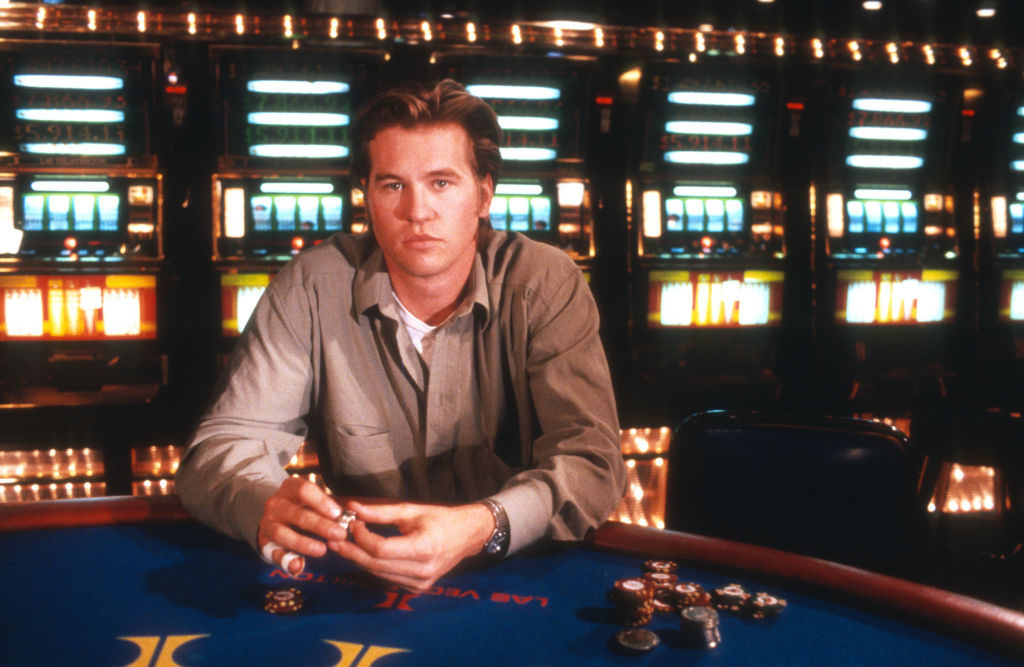








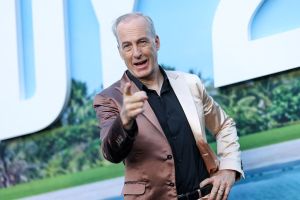
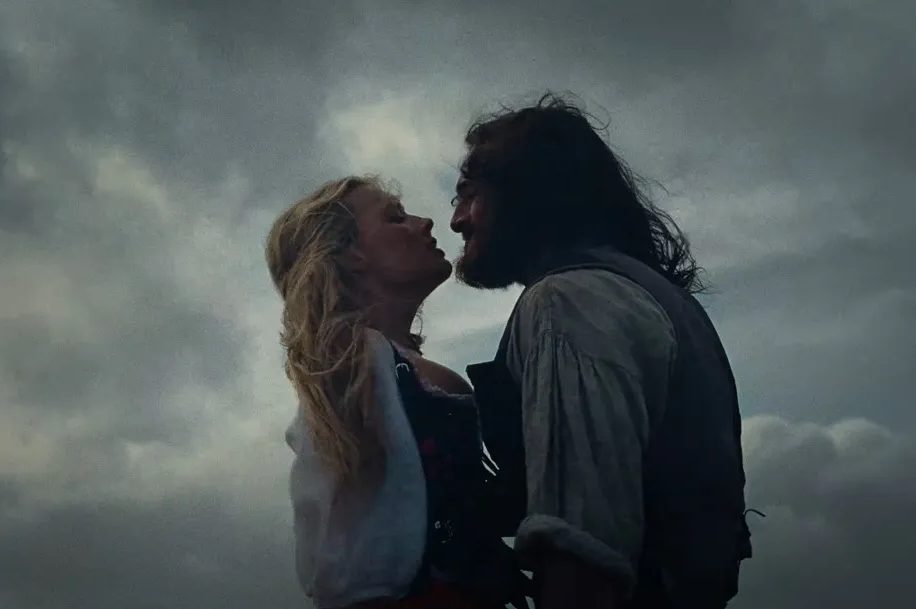
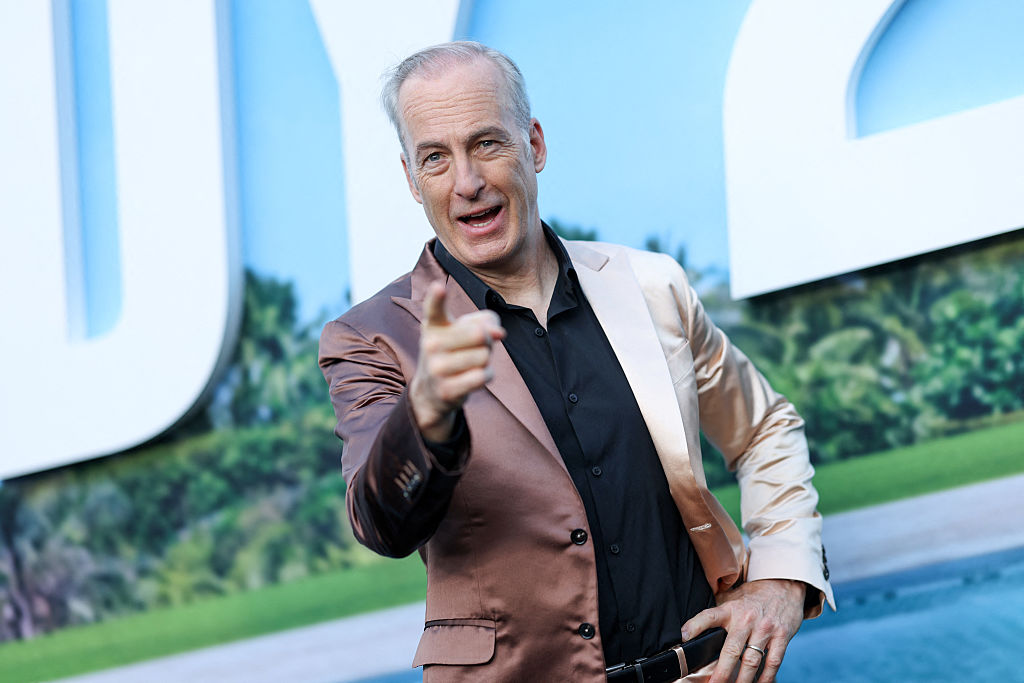
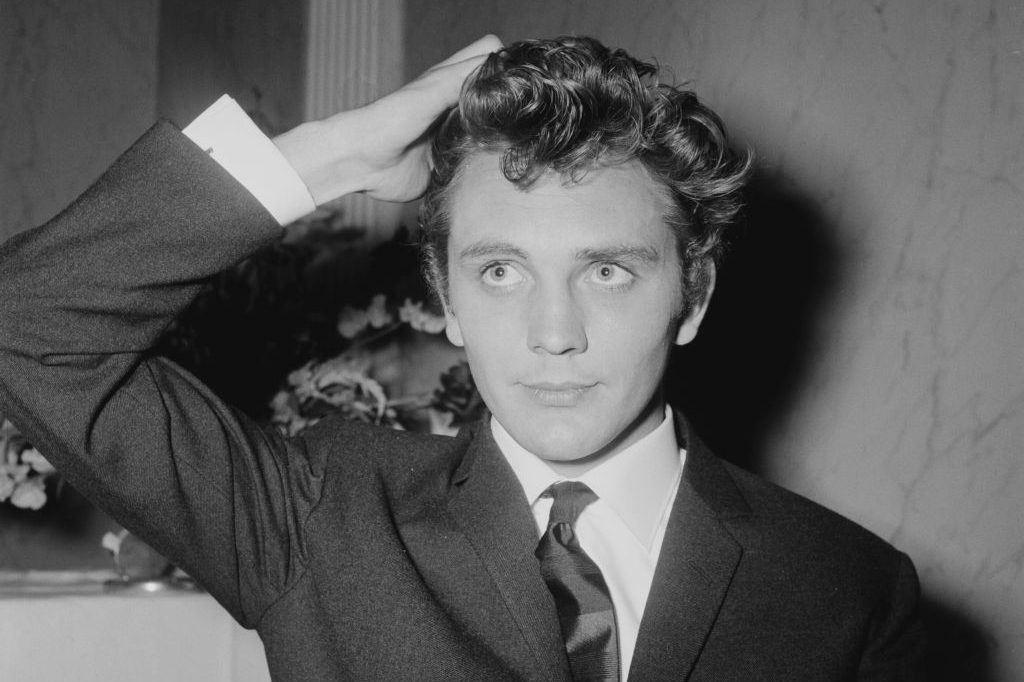

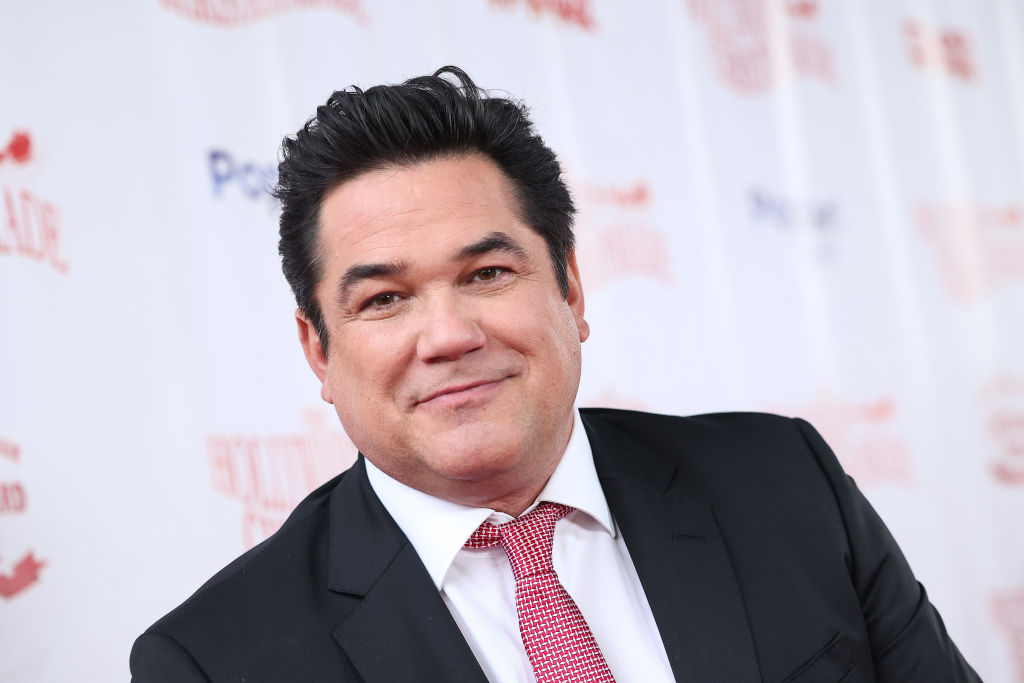








Leave a Reply